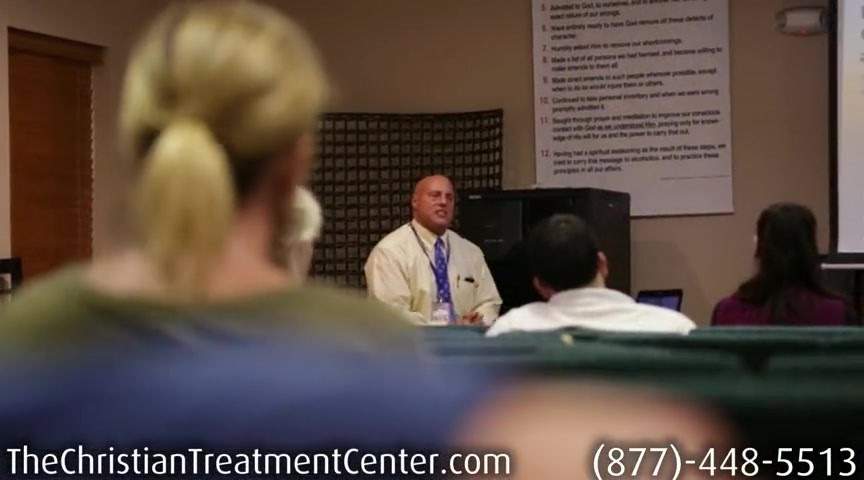Molly Abuse Centers Okaton SD
Home
Top Molly Abuse Centers Okaton SD Resources and Information
Molly Abuse Centers Okaton SD
Once the adverse effects of addiction come to fruition, it can become harder to hide it from friends and family. National accreditation programs include the Joint Commission, the National Committee for Quality Assurance, the Commission on Accreditation of Rehabilitation Facilities (CARF), and SAMHSA credentials can also help you verify any rehab’s credentials. Some are obstinately against it, others are reluctant with an open mind, and then there are those who truly want it from day one. With the Christian faith, reconstruction of the patient’s identity, values, and interpersonal relationships becomes easier, thus, making the journey of Christian Rehabilitation a more successful treatment over traditional systems in the mainstream. Consequently addicts trapped in their addictions take drugs to cope with painful issues stemming from fear, grief, guilt, physical or mental abuse, which if left untreated causes high-anxiety and depression and drug abuse to cope with emotional and physical duress.
Drug Rehab Centerilitation centers encourages addicts to open up to God, to themselves and lastly to the people they love in time of crisis. Christian Rehabilitation Many of the men and women that join rehabilitation programs are at the tail end of a downward spiral, and often times these programs are an absolute last ray of hope for them.
Right here are Some Even more Details on Drug Addiction Rehabilitation Centers In

More Resources For Drug Addiction Rehabilitation Centers In Okaton SD
Addiction hotlines work by Assessing the patient’s needs depending on the severity of his or her addiction Providing information about how treatment programs work Finding the “right†treatment center for the patient based on treatment needs, insurance, and other factors Providing guidance for family members of addicts who want to help their loved ones This is where the addiction hotlines come in. Outcome expectancies refer to an individual's expectations about the psychoactive effects of an addictive substance. XML that has been specially designed to handle such requests. It affects people from all walks of life and the road ends up in the same place. Drug addiction affects nearly six percent of those residing in the U.
Below are Some More Info on Palladone Rehab Treatment Facility
What should … Any doctor or any psychiatrist that may help to recover? A very close family member is addicted. If you a candidate for outpatient drug rehab, programs usually last for several months. A survey states that 30% of high school students used marijuana within the past one month.
Right here are Some Even more Info on Palladone Rehab Treatment Facility Okaton SD
However, there is a growing number individuals who abuse prescription medications to seek a high. After your finish your 30-60-90 DAY drug addiction program you and your counselor will develop an aftercare plan in order to avoid relapse. We can help you narrow down the list, so when looking for treatment the individual will not get discouraged and give up. Field evidence does point to preferential grazing of some known toxic plants, e.g. He told me that he quit a month ago but recently I've seen the symptoms of addiction return. Posing these kinds of questions will help narrow your options down and make the process of getting treatment less stressful. You can speak with one of our Christian Counselors 24 hours a day, 7 days a week. 1-800-819-9973 Addiction affects people from all backgrounds. As drug abuse takes hold, you may miss or frequently be late for work or school, your job performance may progressively deteriorate, and you may start to neglect social or family responsibilities. THE SECOND PHASE OF TREATMENT: Going through a medically supervised detox After receiving a treatment plan, you’ll need to remove drugs from your system and continue to work on the psychological issues behind your addiction. Inhalants (glues, aerosols, vapors): Watery eyes; impaired vision, memory and thought; secretions from the nose or rashes around the nose and mouth; headaches and nausea; appearance of intoxication; drowsiness; poor muscle control; changes in appetite; anxiety; irritability; lots of cans/aerosols in the trash. Cognitive therapy[edit] An additional cognitively-based model of substance abuse recovery has been offered by Aaron Beck, the father of cognitive therapy and championed in his 1993 book Cognitive Therapy of Substance Abuse.[35] This therapy rests upon the assumption addicted individuals possess core beliefs, often not accessible to immediate consciousness (unless the patient is also depressed).
Click Here for More Information
Previous Next
You may also like:
Quaalude Abuse Program Hustle VA
Ritalin Rehab Clinics Cross Plains TX
Christian Hospital Rehab Eden MD
Di-gesic Rehab Treatment Facilities New Washington OH
Tranquilizers Rehab Facility Near Me Halbur IA
Duodin Addiction Program Forest City IA
Revia Abuse Treatment Facility Middlesex NJ
Hycomine Addiction Treatment Center Stratford CT
Concerta Rehab Facility Ignacio CO
Alcohol Abuse Rehab Angie LA
Christian Alcoholic Newton Lower Falls MA
Lunesta Addiction Treatment Center Luray VA
Methadone Addiction Detox Facilities Adelanto CA
Drug Detox That Works Palmyra MO
Hydrocodone Rehab Treatment Programs Oran MO
Rehabs Near Me Butterfield MN
Roxicet Addiction Treatment Programs Dunlap CA
Roxicet Addiction Detox Facility Justin TX
Norco Addiction Rehab Facility Moriarty NM
Depade Addiction Rehab Program American Fork UT